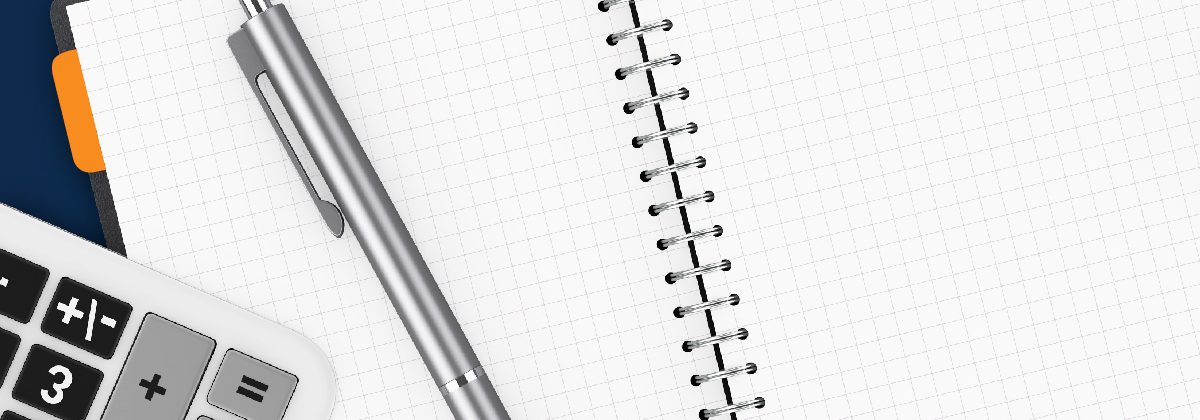Although the landscape of proprietary trading (prop trading) is relatively nascent compared to the history of the financial markets, it is a rapidly growing phenomenon. The global prop trading industry is estimated to have reached $6.7 billion in 2020 and is projected to expand at a CAGR (compound annual growth rate) of 4.2% between 2021 to 2028.
Prop trading firms allocate their own capital to traders, allowing them to trade various financial assets. Traders are given the flexibility to make trading decisions. When they make gains, a part of this needs to be given to the prop trading firm. This makes it a win-win for both. Traders can open much larger positions than they could have with their own funds, while prob trading firms make money from the gains booked by traders. Apart from capital, prop trading firms provide deep analysis and insights to support traders when making trading decisions.
The Most Popular Prop Trading Strategies
Since prop firms provide the capital for trading, prop traders usually follow high-paced trading strategies to maximise their profit potential. This is supported by the exceptional trading resources, cutting-edge analysis tools, and deep insights from market experts provided by prop firms.
Some of the most common prop trading strategies are:
- Merger Arbitrage (Spread Trading)This strategy is used in stock trading. Traders following the merger arbitrage strategy aim at exploiting share price differences that may appear during an M&A (merger and acquisition) deal. The difference arises between a target company’s stock and the acquiring company’s stock. Prop traders go long on the target company’s stock and short sell the acquiring company’s stock. The aim is to profit from the spread between the current share price and the eventual merger terms.
- Index ArbitrageThis strategy involves aims at profiting from price differentials in indices. Prop traders can use index arbitrage to take advantage of the price difference between the same index in different exchanges or between two indices that are correlated.
- Volatility Arbitrage In this trading strategy, the prop trader aims to profit from the difference between the expected volatility in an asset’s price and the volatility implied in the asset’s derivatives. The success of the prob trader is based on how accurately they can predict whether the implied volatility in the derivative is over-or under-priced.
- Pairs TradingPairs trading involves taking a long position in one asset and shorting another that has a positive correlation with the first. The idea is to profit from the expected convergence of their prices. For this, prop traders need to identify forex pairs or other financial assets that have a strong correlation. Prop trading using this strategy also relies on technical analysis to identify assets that have deviated from their historical patterns. It is a very fast-paced strategy that aims at making small profits from short-term price movements.
- Opening OrderThis prop trading strategy involves placing orders at the opening bell of the market. If the price of an asset declined sharply in the previous trading session, the prop trader anticipates the market to reverse and opens orders at the opening bell to capitalise on the move.
- ScalpingScalping involves placing a large number of trades of small values in a single asset. The aim is to make profits from small price movements in the asset. The idea is to capitalise on fleeting market inefficiencies and is a very fast-paced trading strategy that requires a great deal of precision and timing the market.
- Global Macro-TradingIn this, the prop trader bases trading decisions on global economic events to trade assets like forex and commodities. These could be economic data releases, central bank announcements, or geopolitical developments. Some events could impact several markets, and the prop trader may decide to open positions in different assets to capitalise on the event.
- News Trading In news trading, the prop trader places trades based on certain significant events by predicting the impact of the event on market sentiment. This is done to capitalise on short-term opportunities just before and after the event. For instance, the news could be the announcement of election results or the release of minutes from a central bank meeting. It could also be major economic releases, like the US NFP (nonfarm payrolls) report or UK’s GDP growth data.
Remember: It’s important for prop traders to choose the trading strategy that resonates with their trading style, financial goals, and risk tolerance.
Risk Management in Prop Trading
Since prop trading strategies typically involve high frequency trading and deploying much more capital than an individual trader has, it requires astute risk management. Selecting the exit points is equally important as identifying entry points. This is why it is critical to place stop loss and take profit order with every position opened.
Prop traders must also consider hedging and portfolio diversification for sound risk management. Optimum position sizing is another way to ensure that a few trades do not significantly erode the trading capital at the prop trader’s disposal.
To keep emotions from impacting their trading decisions, prop traders often rely on algo trading, which involves the use of programmed systems to identify optimal trade setups and make decisions based on predetermined criteria.
Staying Abreast of News
Being aware of economic data releases and the latest economic and political developments is important even for those who are not news traders. Success in prop trading depends on the trader’s ability to quickly respond to market moving events and adapt to a constantly evolving market.
To Sum Up
- Since prop firms provide the capital for trading, prop traders usually follow high-paced trading strategies to maximise their profit potential.
- Among the 8 most common prop trading strategies are Merger Arbitrage, Index Arbitrage, Volatility Arbitrage, Pair Trading, Opening Order, Scalping, Global Macro-Trading, and News Trading.
- Although trading is done with the prop firm’s capital, the prop trader must choose the strategy that aligns with their trading styles, financial goals, and risk tolerance.
- Risk management and staying abreast are critical for all prop trading strategies.
Disclaimer:
All data, information and materials are published and provided “as is” solely for informational purposes only, and is not intended nor should be considered, in any way, as investment advice, recommendations, and/or suggestions for performing any actions with financial instruments. The information and opinions presented do not take into account any particular individual’s investment objectives, financial situation or needs, and hence does not constitute as an advice or a recommendation with respect to any investment product. All investors should seek advice from certified financial advisors based on their unique situation before making any investment decisions in accordance to their personal risk appetite. Blackwell Global endeavours to ensure that the information provided is complete and correct, but make no representation as to the actuality, accuracy or completeness of the information. Information, data and opinions may change without notice and Blackwell Global is not obliged to update on the changes. The opinions and views expressed are solely those of the authors and analysts and do not necessarily represent that of Blackwell Global or its management, shareholders, and affiliates. Any projections or views of the market provided may not prove to be accurate. Past performance is not necessarily an indicative of future performance. Blackwell Global assumes no liability for any loss arising directly or indirectly from use of or reliance on such information herein contained. Reproduction of this information, in whole or in part, is not permitted.





